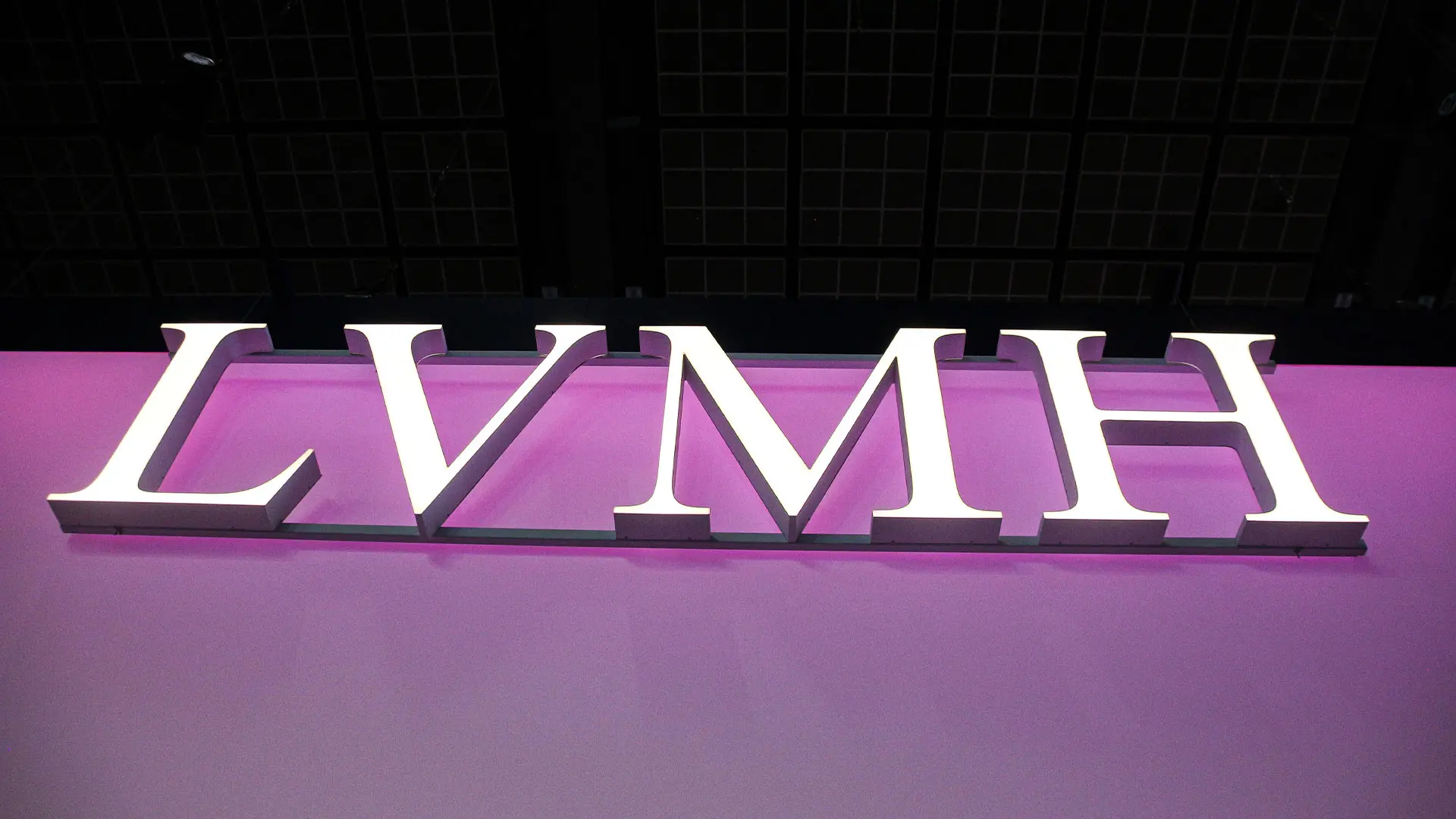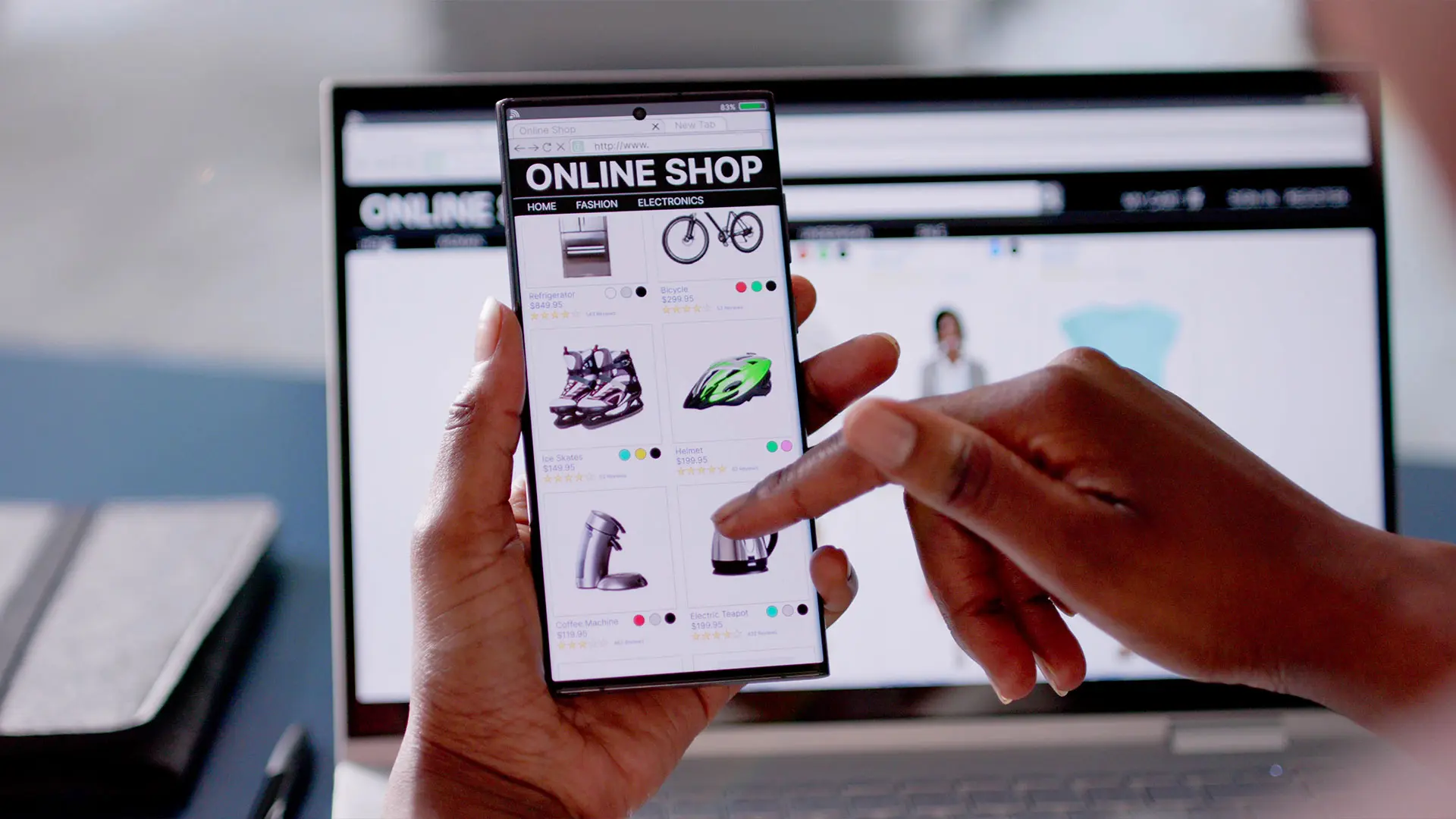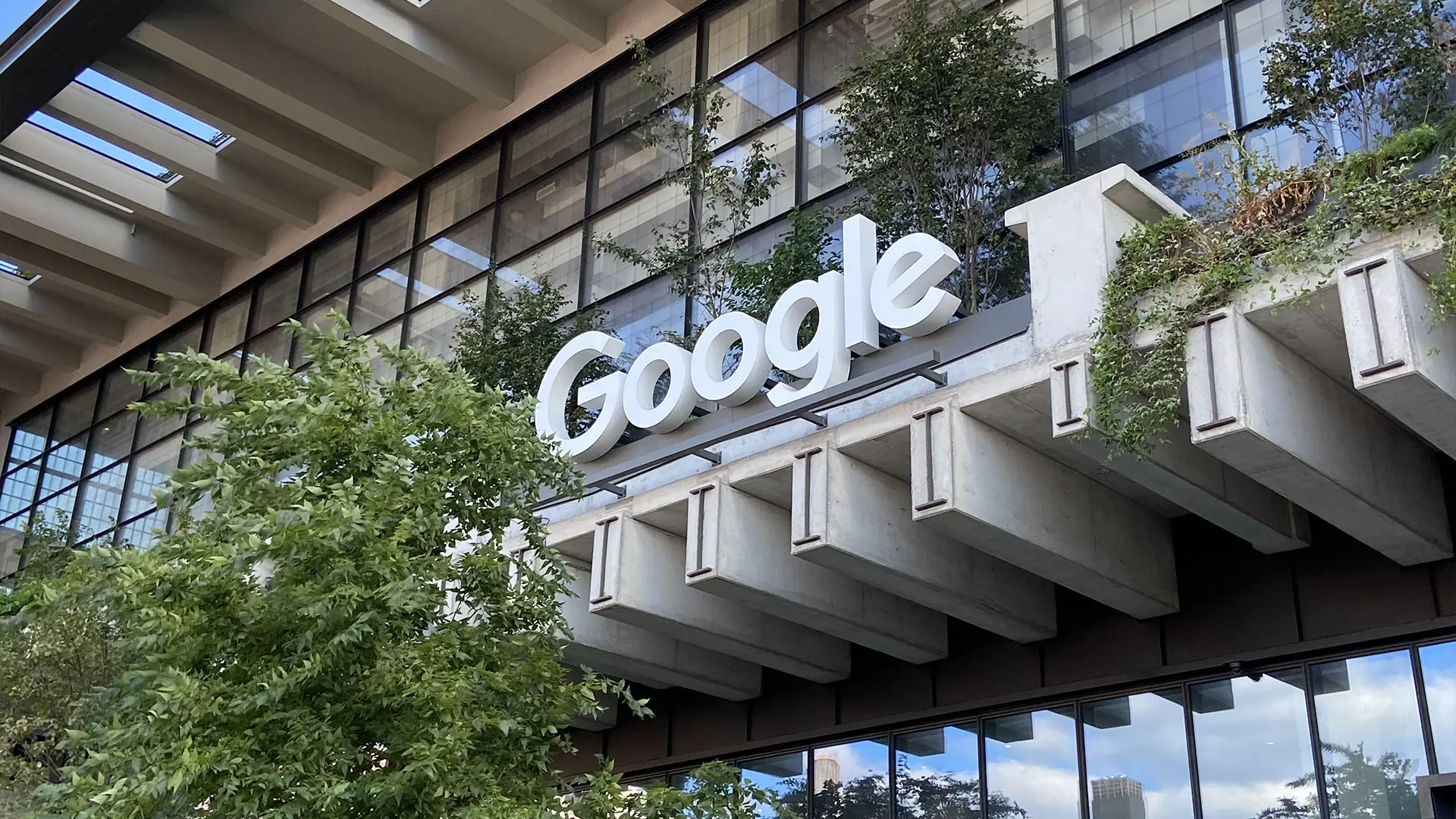How luxury is reinventing itself

The luxury industry’s year 2020 has been one of paradox. For sure, the Covid-19 crisis has led to the largest ever decline in this sector with a shrinkage in market size to €217 billion, representing a 23% decline from 2019. On the other hand, the 19th issue of the Bain & Company report shows that this crisis has also significantly boosted the transformation of the luxury industry.
How does the luxury industry intend to reinvent itself to adapt to the challenges of digitalization and the new ethical expectations that consumers are no longer willing to sacrifice? Read on as American Business College Paris discusses this challenge.
Becoming more accessible and closer to the customer
The luxury industry must now adapt to a new economic climate. According to a study by Bain & Company, the global luxury goods market will have to deal with a lower annual growth rate than in previous years. The study shows that the global luxury personal goods market will experience an average annual growth rate of 2 to 3% over the next 5 years. In 2020, the total sales of the luxury personal goods industry should range between 280 and 295 billion euros.
Given this challenging economic environment, a radical transformation within the industry is becoming urgent to adapt to consumer expectations. The Covid-19 pandemic seems to have triggered this awareness and luxury players have understood the importance of focusing their communication efforts and interactions with consumers on the brand rather than the product.
However, this transformation is the antithesis of what is currently practiced by the major luxury brands. Indeed, these companies put their products at the heart of their communication and advertising strategies in order to trigger purchasing behavior on an exclusively subjective basis.
Today, luxury brands are required to reconsider the importance of interaction, since the product is simply one of the components of the communication with the customer, who expects a more constructive relationship. Therefore, the major luxury brands must break away from their stereotyped communication, be more dynamic and responsive and renew themselves to better meet the expectations of young customers.
The local customer at the heart of this change
Strong new trends are emerging, and only brands that know how to anticipate and adapt quickly will be able to stay ahead in a highly competitive environment. Thus, the local consumer will be the object of all attention after having been neglected for a long time in favor of rich tourists from Asia and especially China.
One example of the importance of the local market is the French brand Hermès, which successfully leveraged its model during the health crisis. Thanks to the importance of its local clientele, the brand showed great resilience and did much better than its competitors who were severely impacted by the decline in air traffic. Wherever the brand operates, its loyal customers have made up for the absence of tourists, including in France.
In the midst of the pandemic, Hermès limited the damage with a ” moderate ” decline in revenues of 6% to 6.4 billion euros as of December 31, 2020.
The challenge of digitalization in the luxury sector
Hurt by successive confinements and retail store closures, luxury brands have been forced to reinvent themselves and embrace digital to keep winning new customers, even though digitalization was seen as incompatible with the luxury market’s values of exclusivity and quality. As a result, online sales for these brands increased by 8% in the first half of 2020.
Even luxury brands that were reluctant to go digital ended up launching an e-commerce website. Furthermore, according to the Bain & Company report, Chinese citizens will make 50% of the world’s luxury purchases by 2025, whether in China or other countries. These purchases will take place in a digital ecosystem, making it crucial for luxury brands to strengthen their digital strategy.
-
In addition to the digitalization of practices and interactions, the Covid-19 health crisis has encouraged the generational renewal of consumers. The Y and Z generations are the main growth drivers for the sector, accounting for 85% of its expansion. Furthermore, more and more luxury brands are setting up collaborations with influencers from these same generations to build a more personal and authentic relationship with their customers.
This is particularly the case for luxury watch brands that use famous brand ambassadors to appeal to Millennials. These ambassadors – generally macro-influencers who have more than 100,000 followers on social networks – are a powerful lever for brands that want to reinforce their notoriety and maximize the reach of their message. Collaboration with macro-influencers is also an opportunity for major luxury brands to create emotion and storytelling based on feelings of exclusivity and privilege.
It is also about giving a rejuvenation to these luxury brands which in some cases have existed for over 100 years. Among the most common ways to rejuvenate a brand are changing the advertising message, bringing in younger face models, rebranding, or updating the product line by adopting new designs, updating the technology or creating new products.
-
All crises bring about structural changes that lead to the emergence and/or acceleration of trends. We are thus witnessing an unprecedented commitment of the luxury sector to sustainable development and the rise of a much more eco-responsible and committed luxury industry.
LVMH, for example, has shown agility and a strong sense of responsibility. Barely 72 hours after the start of the lockdown in mid-March, LVMH decided to dedicate three of its perfume and cosmetics production sites in France (Christian Dior, Guerlain and Givenchy) to the production of hydroalcoholic gel that was distributed to hospitals for free.
As for L’Oréal, it has announced new investments with a positive societal and environmental impact. The cosmetics giant plans to allocate 150 million euros to two major global issues, namely the climate crisis and the vulnerability of women.
Are you fascinated by the world of luxury? Do you dream of a career in this exciting industry?
Find out about the Bachelor in Fashion and Luxury Retail Management offered by American Business College Paris and bring your career plans to life!




